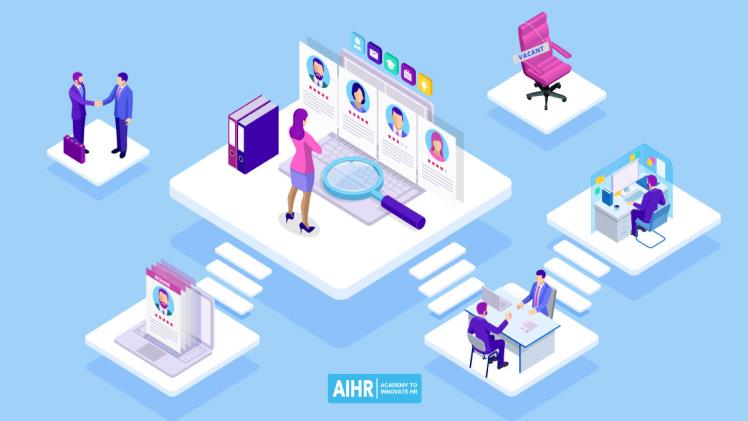This is a perfect time as any for recruiters to explore their desire to go solo and launch their own recruitment agency. Like with any business, you will want to build yours for success. That includes getting a recruitment database software to ensure you are primed for efficiency and effectiveness.
However, it is not just the technology that you should be keeping an eye out for. A start-up demands a lot of time and attention. And by following these 5 key steps will guarantee you are setting up your recruitment start-up for success.
Entrepreneurs need to cover a lot of ground before launching their new business. For recruiters, you will need to prepare to have the best recruitment database and the right tools and business ideas to help you nurture your recruitment start-up.
If you are keen on more hands-on and detailed information, you might be interested to read this. Here’s everything you must know from picking out what sector you’d like to try for to finding the right recruitment software to evaluating the competition.
1. Identify your business niche
Start by determining the type of agency you want to run and the sectors you want to be involved in. Perhaps you want a permanent recruitment firm placing staff for the Finance sector. Or you plan to be oriented towards the Construction and Healthcare sectors because that’s where your experience and expertise lies. It doesn’t mean that your business must be limited to the sector you choose. You can always diversify as your agency grows. You can always expand to temps recruiting after establishing yourself in the perm scene. It is smarter to have a practical outline for your business at the initial stages and to stick to your strengths. Consider the areas where you can provide value-added services to clients and candidates.
2. Establish your budget
It is critical to assess your finances before any significant enterprise. If you compare the costs of starting a recruitment agency over most other start-ups, the budget is quite reasonable. Of course, there are the usual business overhead expenses to consider such as staff salaries, office space and equipment, as well as tech tools such as a good recruitment database software. But these are relatively modest in comparison to other businesses. Create a budget list. Get expert financial advice if you can. Take precautions and educated steps before making any decisive action.
3. Assess the competition
You have settled on the sector and the type of service you want to offer. It is now time to study the market and assess the competition. How many other players are there in the vicinity? Find out if anyone provides services that are comparable to what you are proposing. Tracing their business trajectory can help prepare you for industry challenges while also highlighting essential tips that these agencies use for their success. New entrepreneurs will want to know if the recruitment market is too crowded. Stepping into a saturated market blindly is detrimental. So, it is always smart to assess the competition and see if there is space for your recruitment start-up.
4. Hire the right people
Good staff is critical to maintaining a flourishing business. A superior team of people is built on the foundation laid by the right mix of skill, experience, and knowledge. Hire recruiters and do not hesitate to invest in them. A new business is highly dynamic. Recruitment is a fast-paced, vibrant industry. Unforeseen changes are more than likely to crop up at any time. There are new trends and challenges every year. Good recruiters who rise to the occasion are in alignment with their agency’s mission, vision, and values.
5. Invest in the right tech
It is the year 2022. Recruiting has evolved and modernised. It is largely tech-driven. Recruitment firms need the support of innovative recruiting tools to work smarter and better. A recruitment software system accelerates efficiency and productivity. You want a recruiter who is focused on recruiting skilled candidates, not spending hours on admin work. Good recruitment CRM systems reduce manual tasks, makes adhering to laws easier, boosts candidate sourcing, streamlines communication, etc. Just as there are several types of recruitment agencies, there is a variety of recruitment database software vendors. Choose the best software for recruitment agencies carefully. Think about what integrations you might need. Many staffing agencies have remote staff so cloud-based recruitment software could be more practical now.

